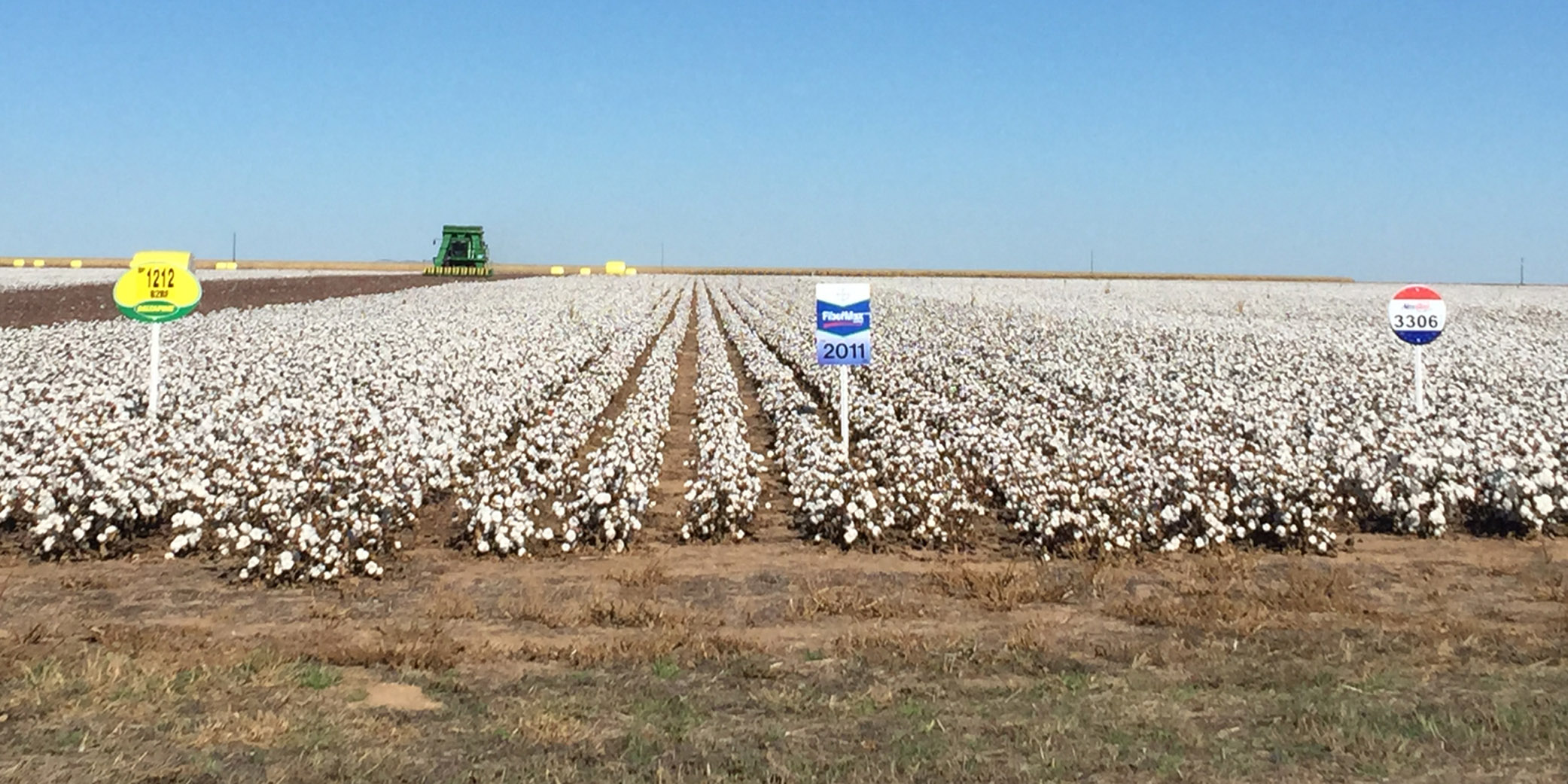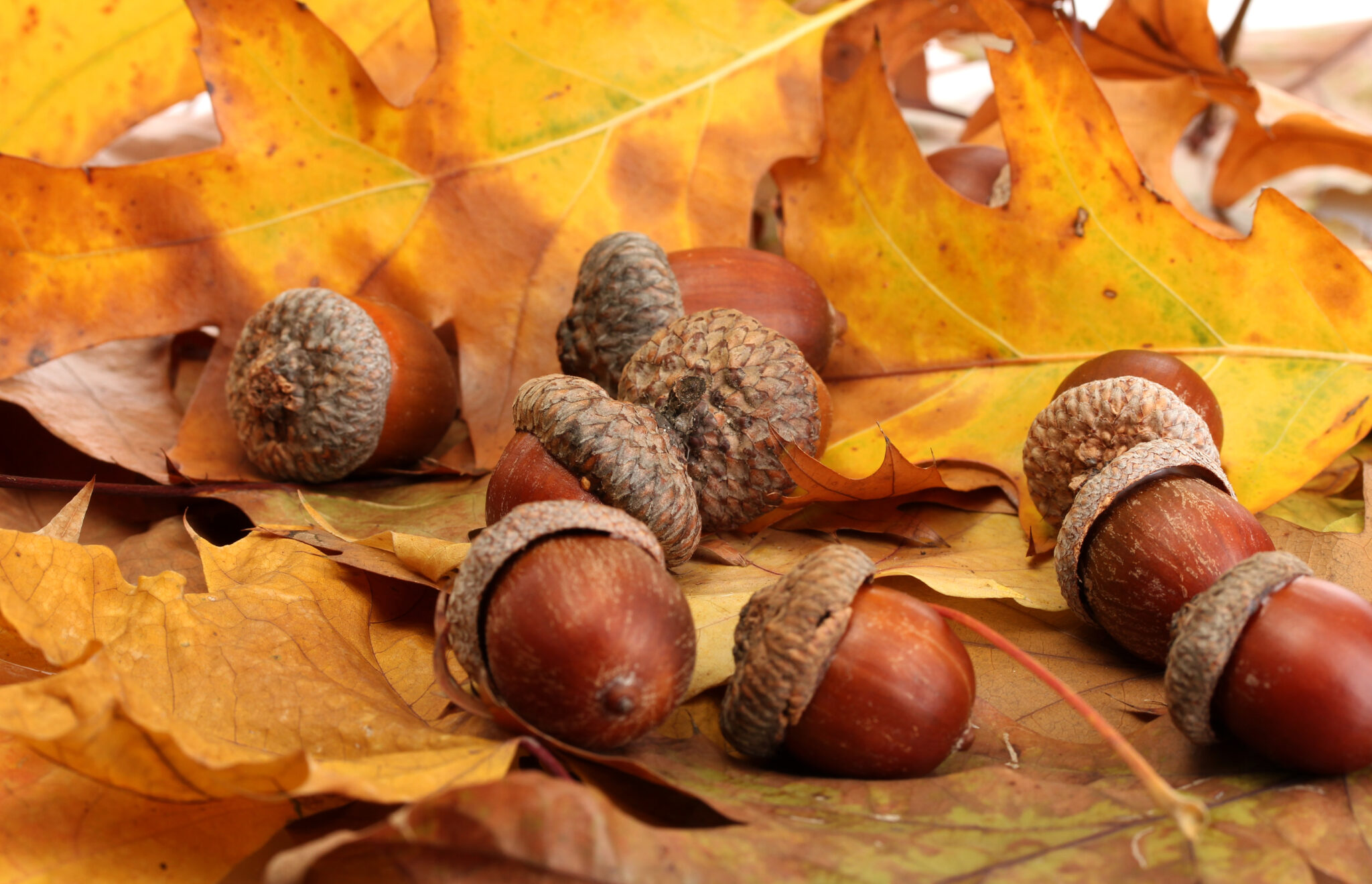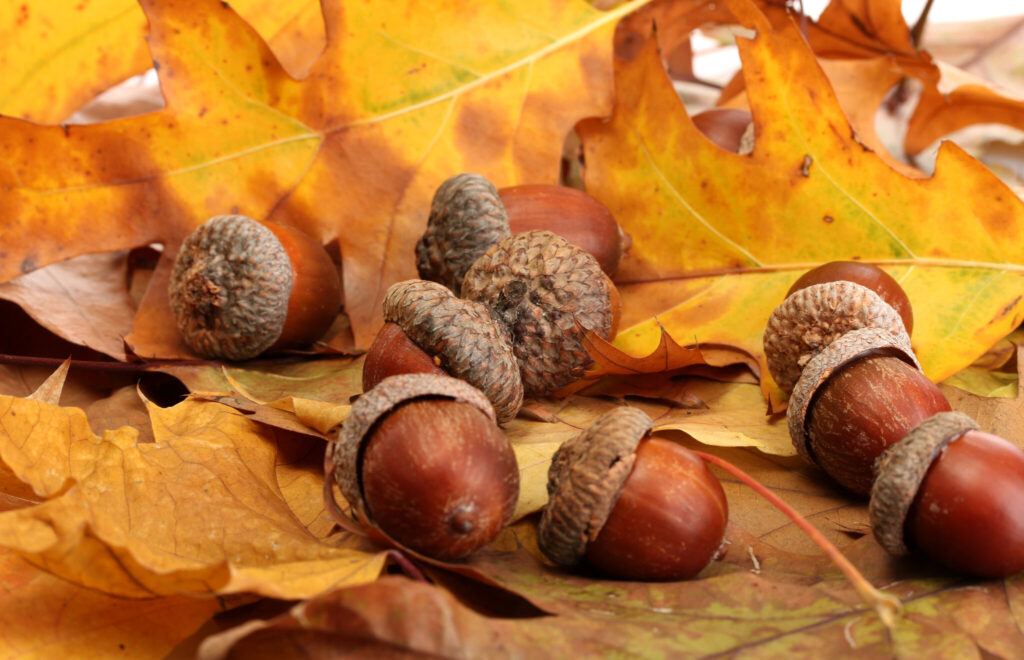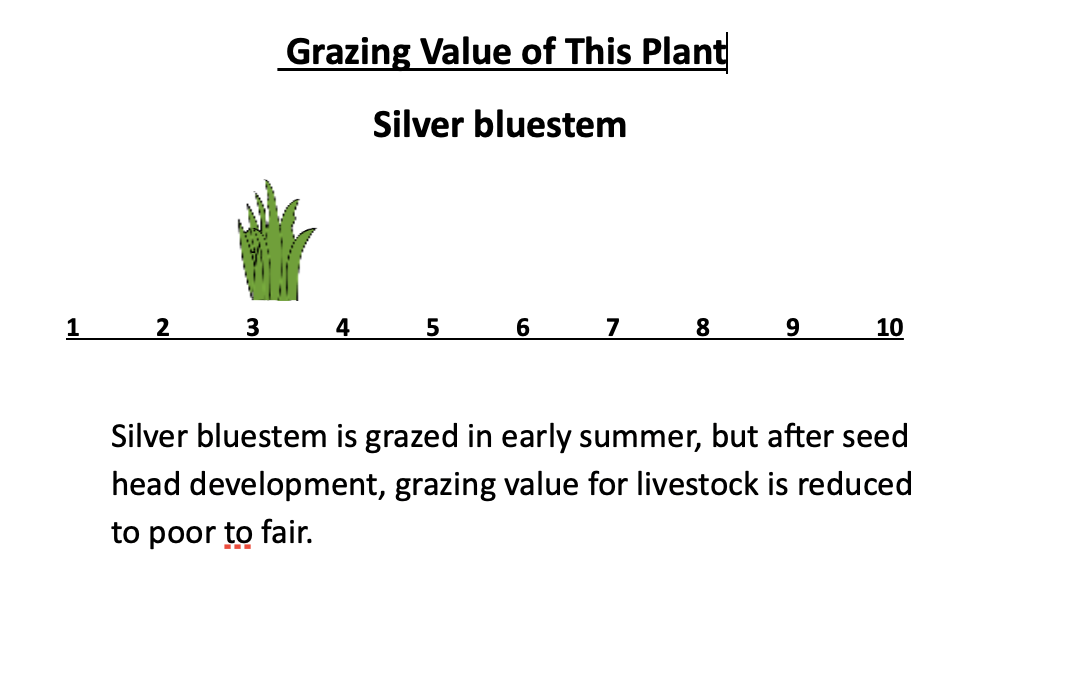Contact: Dr. Jourdan Bell, 806-677-5600, [email protected]
AMARILLO – With a growing number of producers interested in cotton due to good markets and prices, the Texas A&M AgriLife Extension Service variety trials are sure to get more attention in the coming weeks and years, an agency agronomist said.
Although producers in the southern part of the Texas High Plains have more experience with cotton, it is still fairly new in the northern part and more farmers with little to no experience are looking at the crop, said Dr. Jourdan Bell, AgriLife Extension agronomist in Amarillo.
“We will be planting our annual cotton variety trials in the next few weeks, where we will be evaluating early and early to mid-maturing varieties,” Bell said. “But also important, we will be looking at some new herbicide chemistries that are gaining a lot of attention.”
Bell said they will have eight locations; six irrigated trials in Deaf Smith, Hartley, Hansford, Parmer, Sherman and Swisher counties, and two dryland trials in Gray and Randall counties.
“Variety selection is one of the most important decisions a producer can make,” she said. “When we talk about cotton in the Panhandle, we are in a growing-degree day limited region, so our AgriLife Extension variety trials provide the opportunity to look at multiple varieties across multiple environments and management scenarios.
“In evaluating the different varieties being offered by various companies, we are able to provide an unbiased data set on stability and yield potential.”
The new component of the 2017 trials is many of the varieties have a triple-stacked herbicide trait, meaning they are glyphosate-tolerant, glufosinate-tolerant and either dicamba or 2,4-D tolerant, Bell said. She said they will be evaluating the yield potential of these varieties and not the herbicide performance.
“Producers are really excited to see how varieties with these new herbicide traits perform,” she said. “We have 12 varieties that are positioned for the High Plains production that will be included in this year’s trial.”
Bell provided a brief description of each variety based on company descriptions and/or previous varietal performance:
– DeltaPine 1518 B2XF – An irrigated early variety widely planted with good yield potential and resistance to bacterial blight with the XtendFlex herbicide trait.
– DeltaPine 1522 B2XF – A stable variety for the Panhandle with good yield and quality with the XtendFlex herbicide trait in both irrigated and dryland. It is susceptible to bacterial blight.
– DeltaPine 1549 B2XF – A dryland variety with the XtendFlex herbicide trait that performed well in 2016.
– DeltaPine 1612 B2XF – This variety is positioned as a high yielding variety on dryland and limited irrigation with the XtendFlex herbicide trait in both irrigated and dryland.
– FiberMax 1320 GLB2 – This early variety had good yield and proven quality in both irrigated and dryland.
– FiberMax 1888 GLB2 – Another early maturing variety with good early vigor and high yield potential in the northern Panhandle on both irrigated and dryland.
– Stoneville 4747 GLB2 – This large seeded variety is favored for its early season vigor on both irrigated and dryland. It is a short stature variety with good yield potential.
– NexGen 3406 B2XF – This early mid-maturing variety with the XtendFlex herbicide trait performs well on both dryland and irrigated acres.
– NexGen 3640 B2XF – Variety known for its high turnout and strength in both irrigated and dryland with the XtendFlex herbicide trait.
– NexGen 3699 B2XF – An aggressive, early maturing variety that is ideal for high input systems in both irrigated and dryland with the XtendFlex herbicide trait.
– Phytogen 243WRF – An early maturing variety with good verticillium tolerance and adapted to both irrigated and dryland.
– Phytogen 300W3FE – An early to mid-maturing Enlist variety that performs well on dryland and irrigated acres with good verticillium tolerance.
– Phytogen 330W3FE – An early to mid-maturing Enlist variety that performs well on dryland and irrigated acres.
– Phytogen 490W3FE – A mid-maturing variety with a high yield potential and quality. Under dryland conditions, Phytogen 490W3FE is reportedly determinant with a strong yield potential in early environments.
Bell said producers who would like to look at the yield and quality results of the 2016 cotton trials in the High Plains can find them at http://bit.ly/2l5oloq.
-30-




















